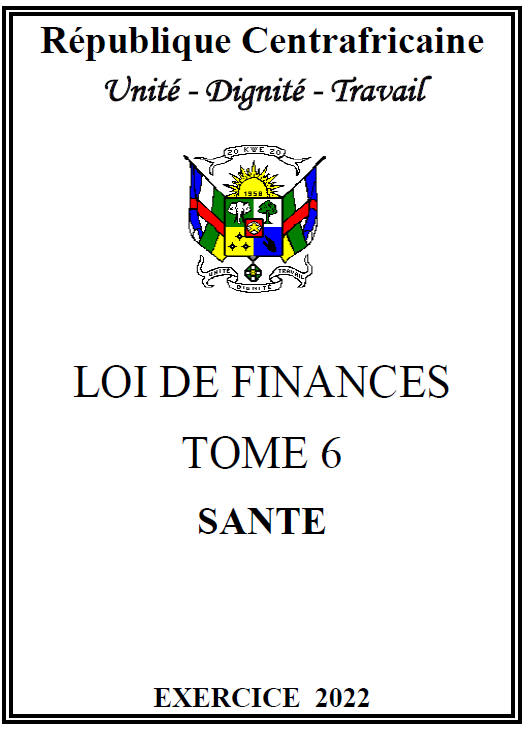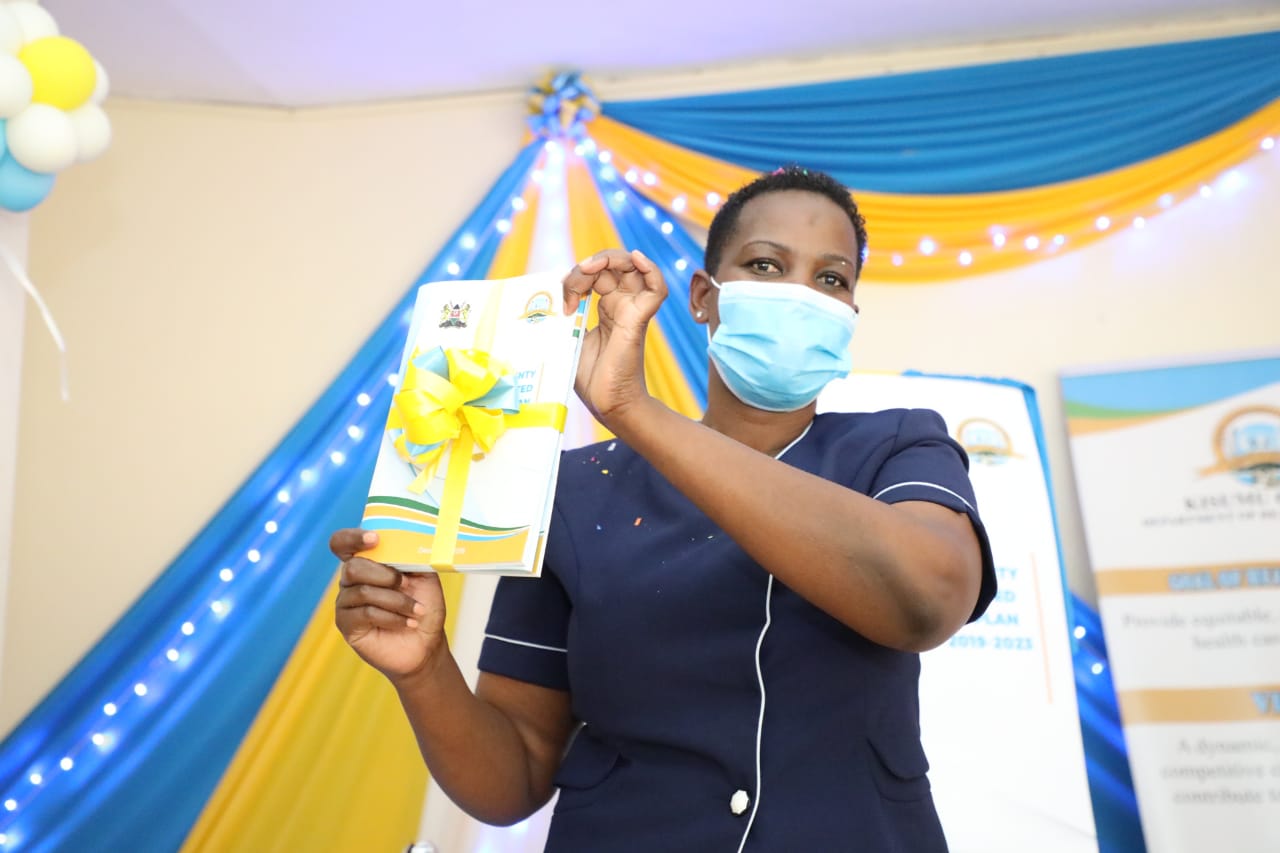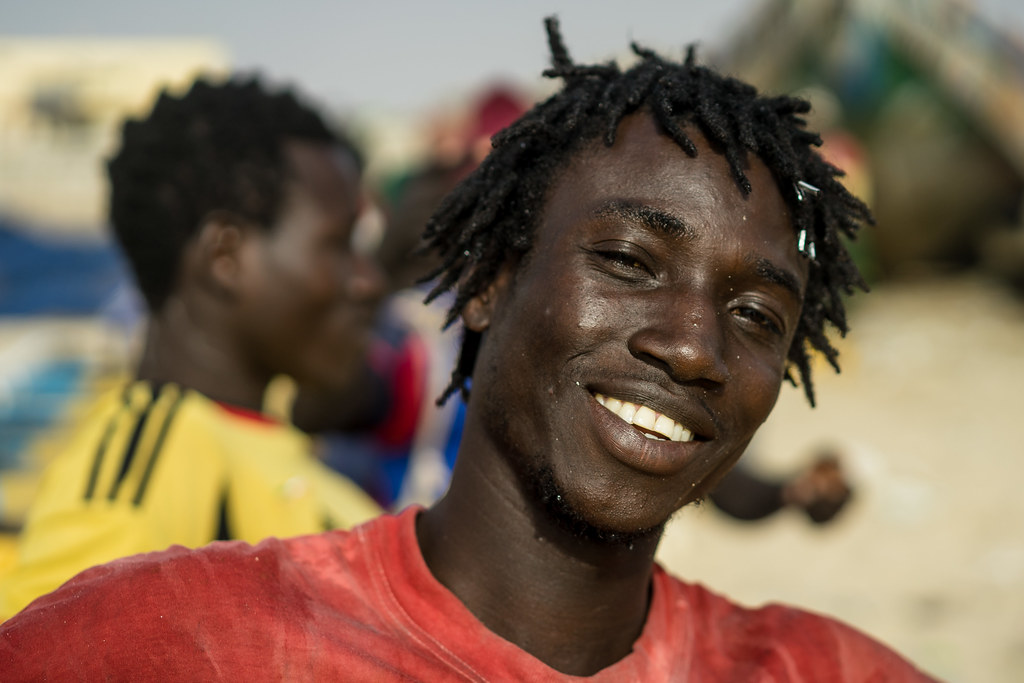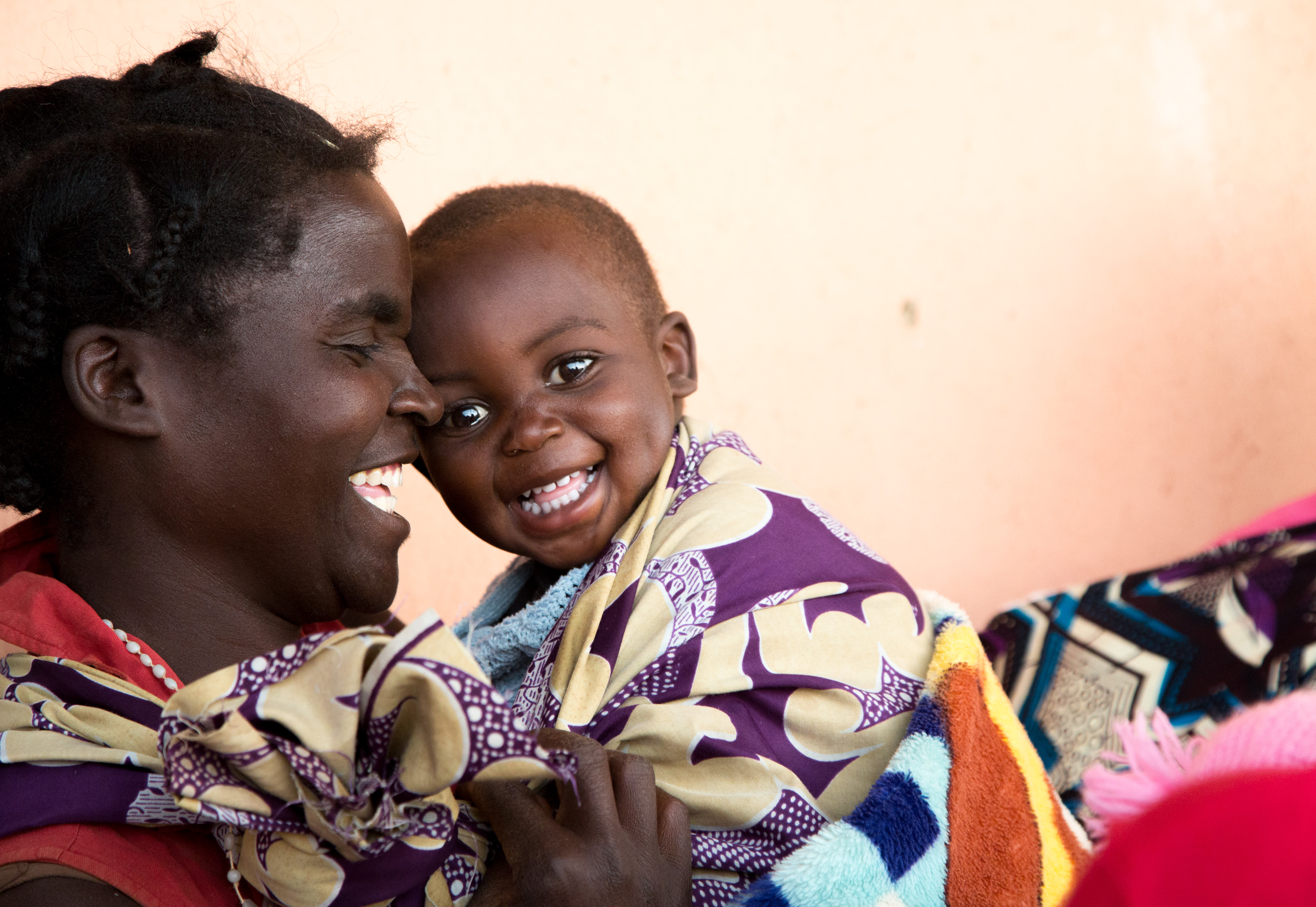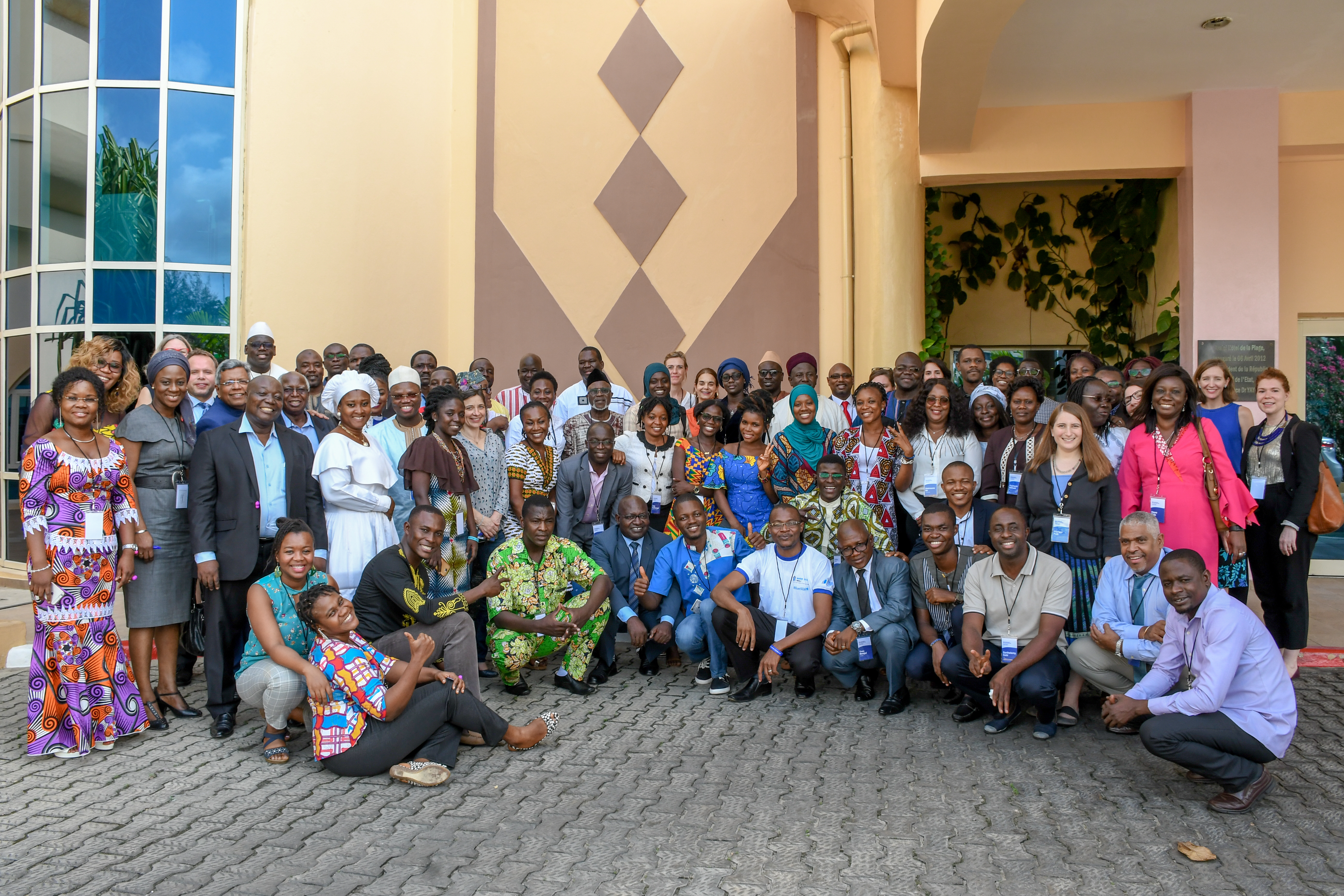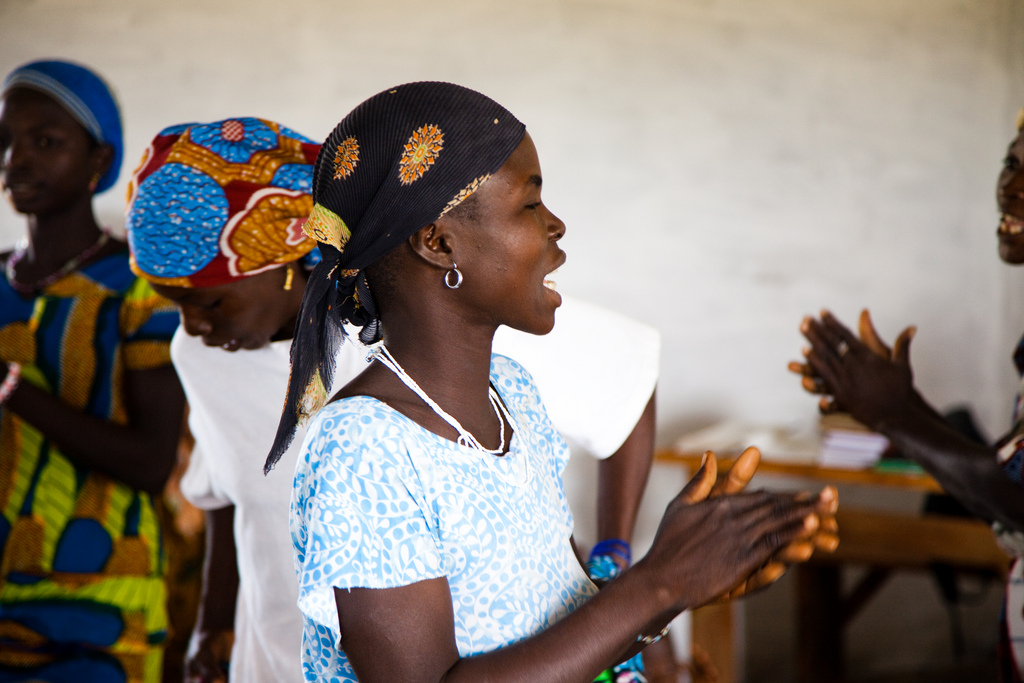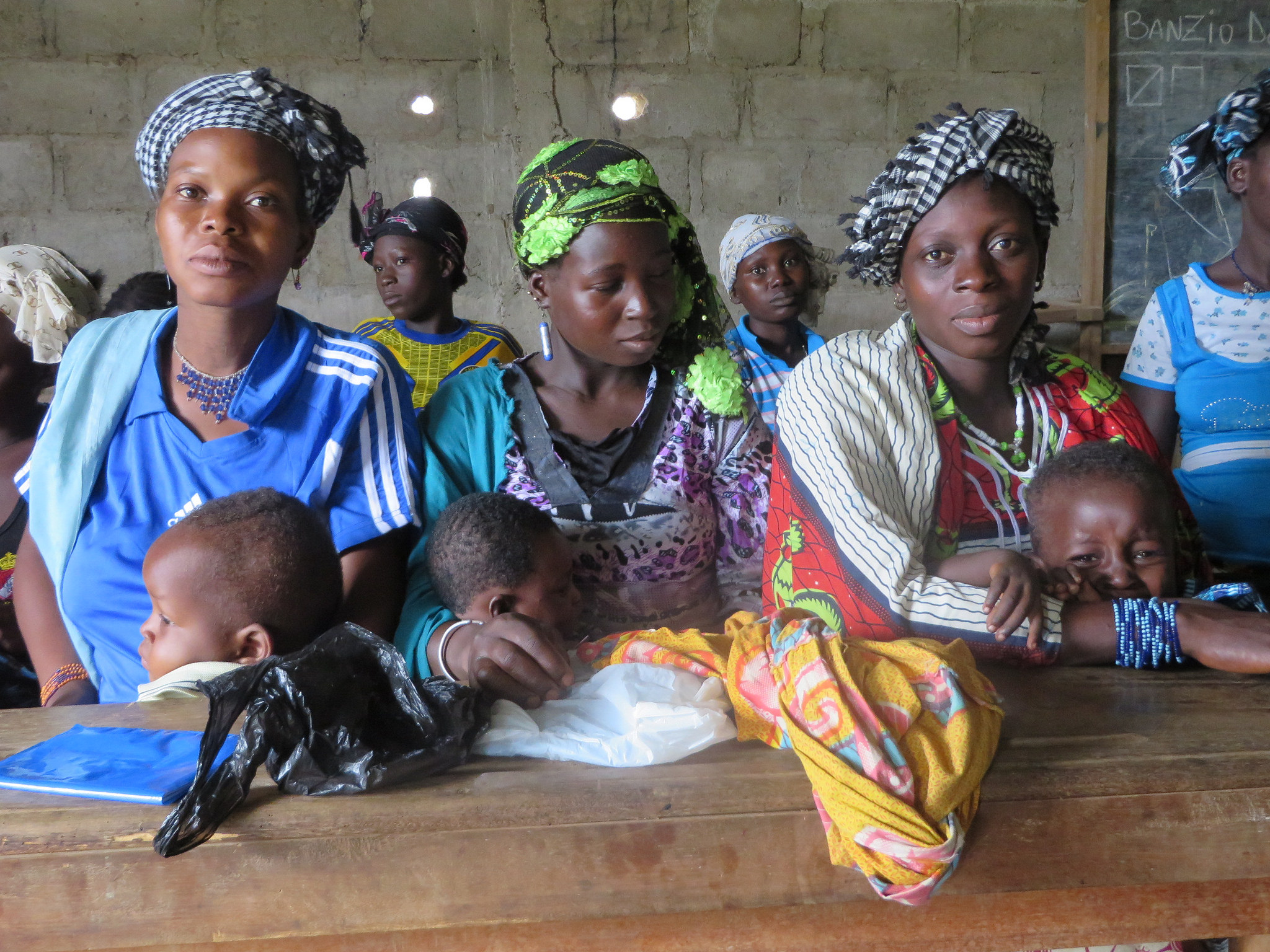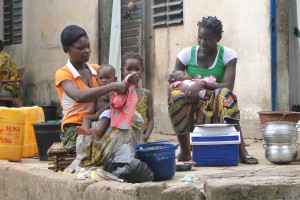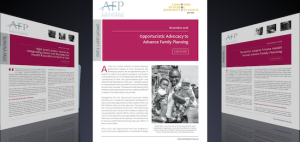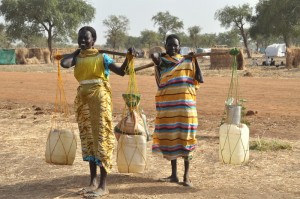View the latest family planning advocacy news from our partners.
On December 21, 2021, the National Assembly of the Central African Republic allocated 100 million West African Francs (XOF) (US $160,000) in their fiscal year 2022 budget for the purchase of contraceptives. This is the first-time domestic resources have been allocated for family planning commodities within the national budget. Prior to this, all funds for the purchase of contraceptives in the Central African Republic have come from external sources.
On June 4, 2020, the County Assembly of Kisumu allocated 60 million Kenyan Shillings (US $560,000) for reproductive, maternal, newborn, child, and adolescent health (RMNCAH) for the first time. Two months later, on August 12, 2020, the Kisumu County Department of Health launched its first ever family planning costed implementation plan (2019-2023) (CIP).
In February 2020, the Kebbi State Ministry of Health launched the Kebbi State Task Shifting Task Sharing (TSTS) Policy for Essential Health Care Services. Like the 2018 national TSTS policy, the new state policy allows lower cadre health workers to share in the provision of essential health services, including family planning [1]. It allows patent and proprietary medicine vendors (PPMVs), also called drug shop owners, and community pharmacists to provide implants and contraceptive injectables.
On January 15, 2020, Mauritania’s Ministry of Secondary Education issued a circular authorizing three districts to provide free reproductive health information and services, including family planning, for in-school adolescents.
In January 2020, the Zambian government announced a Universal Health Coverage (UHC) benefits package that covers contraceptive pills, implants, injectables, intrauterine devices (IUDs), and emergency contraception. It is the first UHC financing reform in the region to cover family planning and the first major country-level advocacy win for sexual and reproductive health and rights following the 2019 UN High-Level Meeting on UHC.
Between September 2019 and January 2020, Advance Family Planning (AFP) awarded six new Opportunity Fund grants to organizations in Ouagadougou Partnership (OP) countries to support advocacy strategies developed during the March 2019 Zero Pregnancies in Schools meeting in Cotonou, Benin.
Between September 2017 and March 2018, 17 communes in Togo signed commitments to allocate 5% of their annual health budgets for sexual and reproductive health and family planning. As of May 2018, 16 have already allocated funds totaling nearly US $32,000 (18.3 million Central African Francs).
In December 2017, the Government of Côte d’Ivoire allocated 500 million West African francs (XOF) (approximately US $930,000) toward purchasing contraceptives in its 2018 budget.
Advance Family Planning (AFP) and PAI’s new case study highlights the results of AFP’s first international advocacy diffusion workshop and the impact SMART advocacy efforts can have on achieving meaningful change in a variety of settings and issues—from improving health worker training in Nig
The rural communes of Gorgadji and Seytenga included funding for family planning activities in their 2017 Annual Communal Investment Plans—a first for communes in Burkina Faso. These plans approve yearly communal expenses; including specific language in the plan is the most effective way to ensure that a commune allocates funds to family planning.
Advance Family Planning’s three new case studies showcase the scope and impact of the advocacy initiative’s efforts toward discrete policy and funding advancements for family planning.
Read the stories, view the lessons learned, and download the case studies to see the breadth of AFP’s impact:
On February 8, 2017, Imotong State of South Sudan formally designated 1.5 million SSP (approximately USD $21,000) to their first budget allocation for family planning services. The new allocation is a result of a resolution passed in September by the state’s legislative assembly to increase funding for family planning by establishing a dedicated budget.


